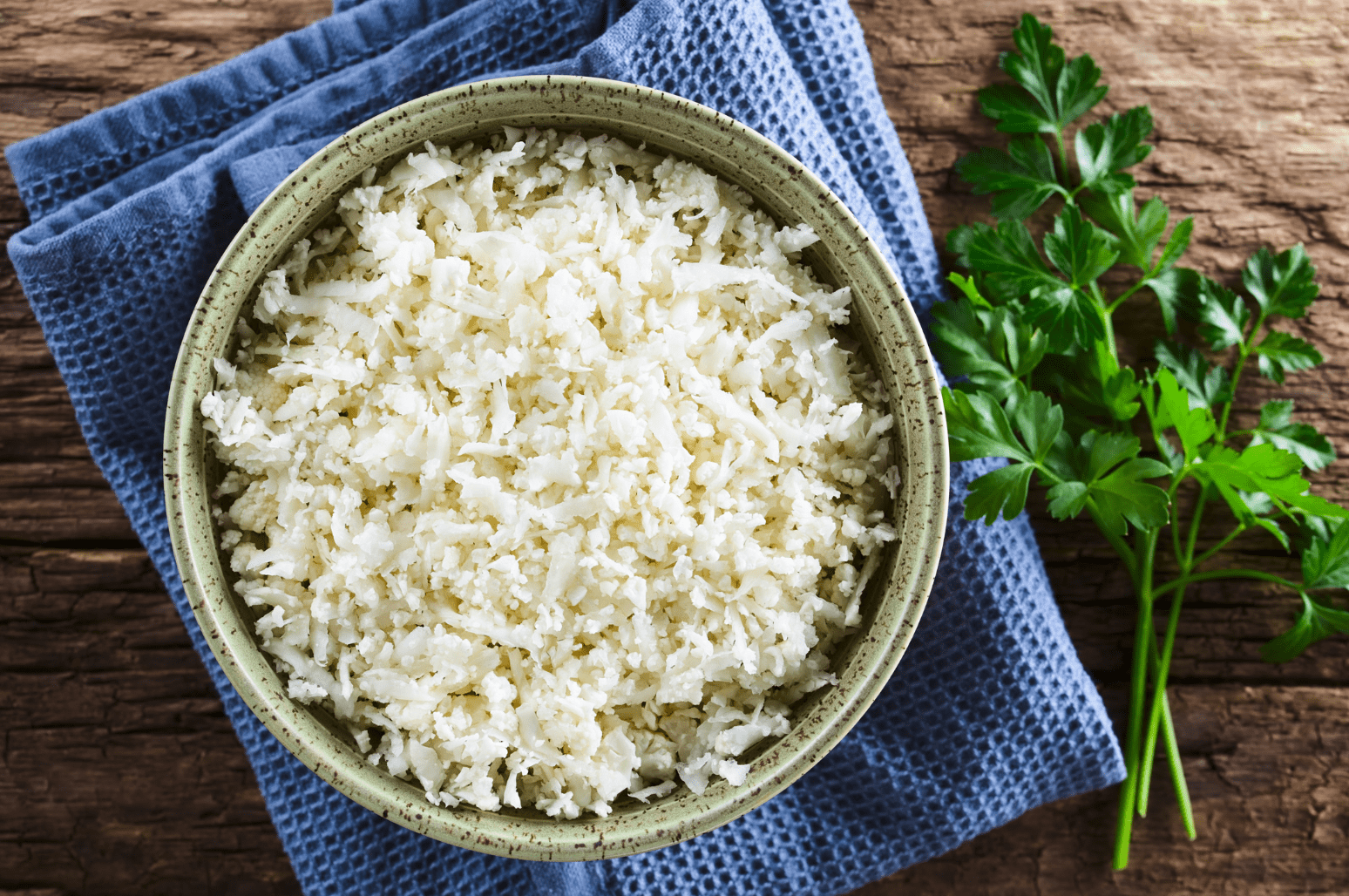
Soy sauce is one of the most popular sauces, used in cooking everything from Asian-style dishes to your favorite stir fry. However, because soy is such a common allergen, those following an elimination or allergy-friendly diet often avoid soy. It’s also avoided by those following a paleo-type diet. This is where coconut aminos come in.
Coconut aminos make a delicious alternative to soy sauce that’s also surprisingly similar to soy sauce in flavor and texture. So, what is coconut aminos and what are the best ways to use them on a keto diet?
What Is Coconut Aminos?
Coconut aminos refers to a dark-brown seasoning sauce derived from the fermented sap (coconut-blossom nectar) of coconut palm and sea salt.
The salty, savory liquid is used to make a range of food products, many designed as replacements for soy sauce. Coconut aminos doesn’t actually taste like coconut at all, and has a color and consistency similar to light soy sauce.

Nutritional Value of Coconut Aminos
Coconut aminos is soy-, wheat-, and gluten-free, so it’s often the go-to sauce for those with dietary restrictions. The liquid is fermented coconut palm sap, so it doesn’t have the same nutritional profile as fresh coconut or other versions of coconut.
The coconut sap used to make coconut aminos also contains a number of micronutrients. A recent study showed that coconut sap contains potassium, magnesium, zinc, and beneficial polyphenolic and antioxidant compounds. [1]
Benefits of Coconut Aminos
- Studies are required to reach a clearer conclusion about the health benefits of coconut aminos. Some proponents believe it could reduce the risk of heart disease and promote weight loss, but research is lacking. [2]
- Since coconut aminos has a much lower sodium content than soy sauce, those looking to lower their salt intake might be better off choosing coconut aminos. Keep in mind that coconut aminos isn’t a low-sodium food, but it’s typically used in smaller amounts to add flavor and texture.
- Unlike regular soy sauce, coconut aminos is gluten-, wheat-and soy-free, making it more allergy-friendly.
- Coconut aminos has only 1 g of sugar per teaspoon, while many commercial soy sauces come with unhealthy or artificial additives and fillers like high fructose corn syrup (HFCS), which could push you out of ketosis.
- Since coconut aminos doesn’t taste like coconut, it won’t change the flavor profile of your meal and is easy to incorporate into dipping sauces, marinades, salad dressings, gravies, and Asian-style dishes.
- On the other hand, coconut aminos is more expensive than soy sauce, and is sometimes less accessible. You might find it at your local grocery store (Trader Joe’s typically carries it) or online.
How to Use Coconut Aminos in Your Keto Cooking

If you’re cooking a recipe that calls for soy sauce, feel free to substitute coconut aminos in a 1:1 ratio. Since coconut aminos is less salty, you might need to add a little more salt to the recipe; just keep tasting until the seasoning is right.
You won’t know if you like coconut aminos until you try it. Enjoy a tasty keto recipe using coconut aminos:
- Pork Loin Roast with Creamy Onion Gravy Recipe
- Pan-Seared Chicken With Garlic Cranberry Sauce Recipe
- Slow Cooker Keto Swedish Meatballs Recipe
- Vegan Keto Tofu
- Sesame Shirataki Noodles
Do you use coconut aminos on keto? Share your favorite recipes and tips with the keto community!
References
Asghar, M. T., Yusof, Y. A., Mokhtar, N. M., Ya’acob, M. E., Ghazali, H. M., Chang, L. S., & Manaf, Y. N. (2019). Coconut (Cocos nucifera L.) sap as a potential source of sugar: Antioxidant and nutritional properties. Food Science & Nutrition, https://doi.org/10.1002/fsn3.1191
Lima, E. B. C., Sousa, C. N. S., Meneses, L. N., Ximenes, N. C., Santos, M. A., Vasconcelos, G. S., Lima, N. B. C., Patrocinio, M. C. A., Macedo, D., & Vasconcelos, S. M. M. (2015). Cocos nucifera (L.) (Arecaceae): A phytochemical and pharmacological review. Braz J Med Biol Res, 48(11), 953-964. DOI: 10.1590/1414-431X20154773









